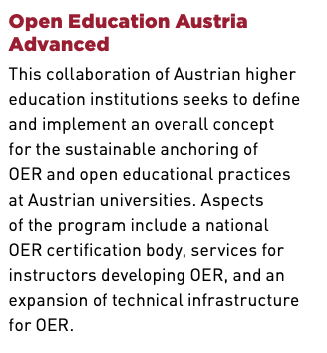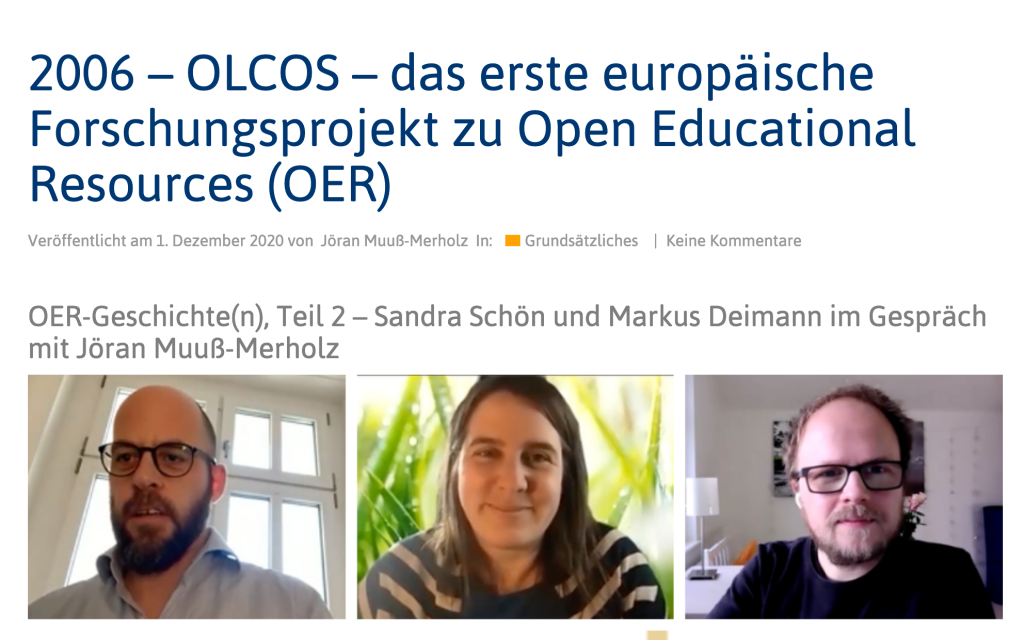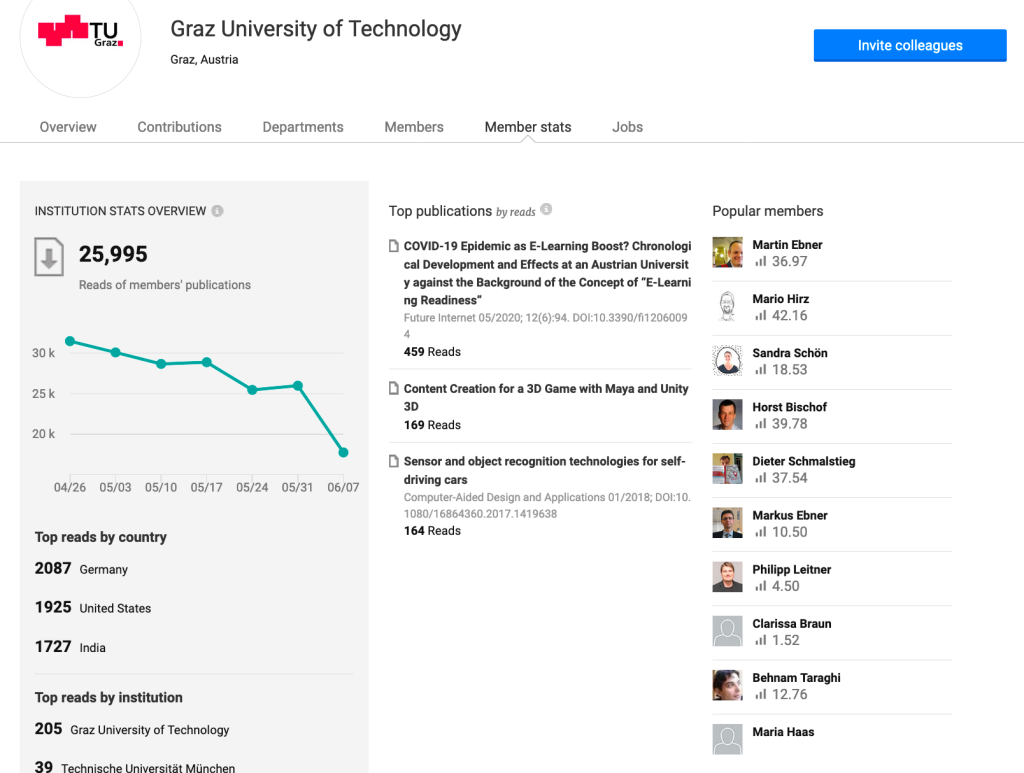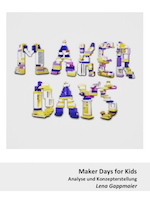ErklOERbärin Anja Lorenz hat Oliver Tacke ein Paper von uns genauer angesehen und beschreibt was die „OERsterreicherInnen“ in Bezug auf APIs und Schnittstellen zwischen LMS zum OER Repositorium zum OERhub.at entwickelt haben.
https://bldg-alt-entf.de/2021/06/18/bldgaltentf-e039-chip-chip-hurra/ – ab etwa 1:09:00 🙂
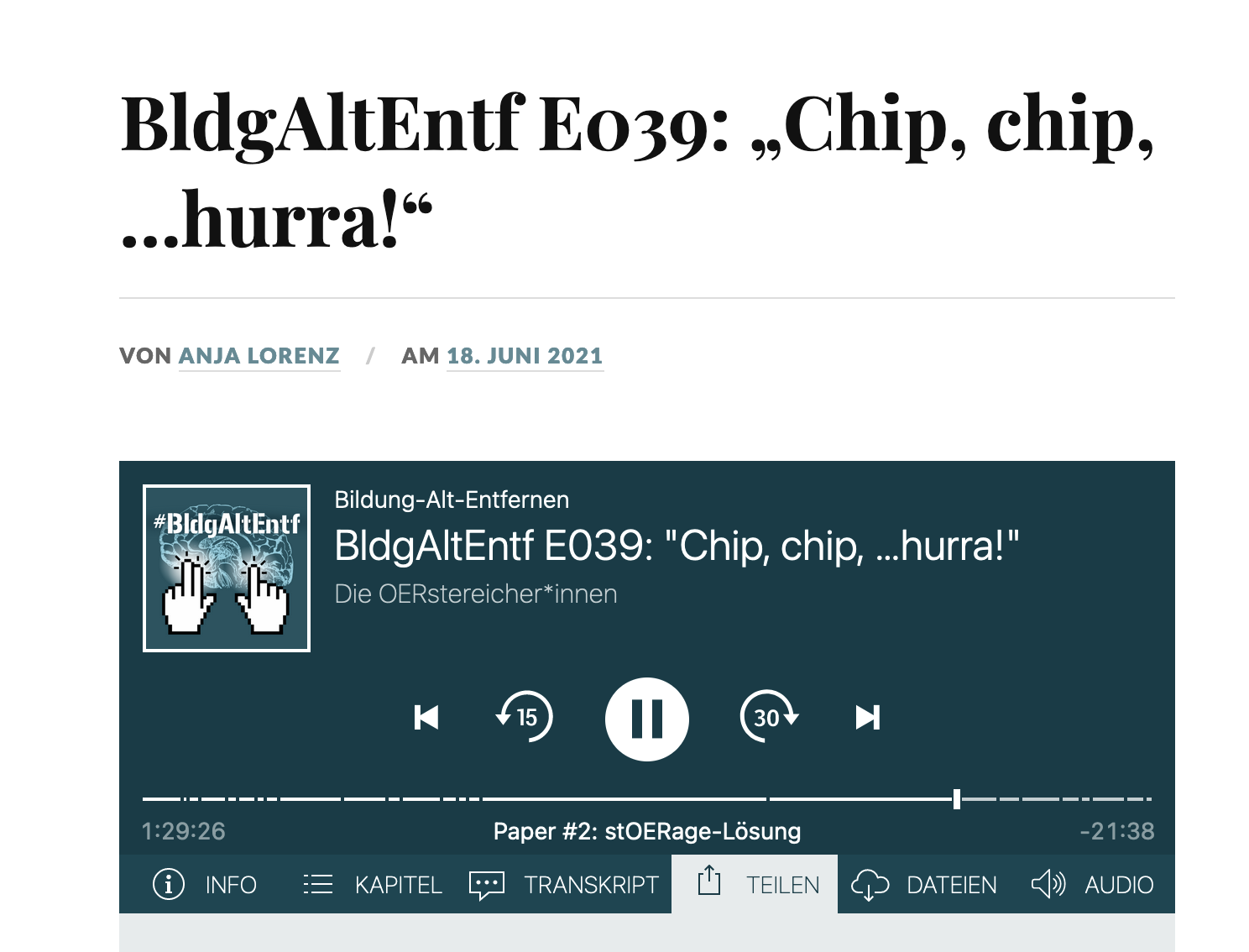
Wer das Paper nachlesen möchte hier entlang bitte. Und hey ich bin so froh, dass Anja die Abbildungen gefallen 😀
Ladurner, C., Ortner, C., Lach, K., Ebner, M., Haas, M., Ebner, M., Ganguly, R. & Schön, S., (2021). Entwicklung und Implementierung eines Plug-Ins und von APIs für offene Bildungsressourcen (OER). In: Reussner, R. H., Koziolek, A. & Heinrich, R. (Hrsg.), INFORMATIK 2020. Gesellschaft für Informatik, Bonn. (S. 453-465). DOI: doi:10.18420/inf2020_42
Ausführlich hier:
Ladurner, Christian Ortner, Karin Lach, Martin Ebner, Maria Haas, Markus Ebner, Raman Ganguly und Sandra Schön (2021). Schnittstellen für OER: Entwicklung und Implementierung eines Plug-Ins und von APIs für offene Bildungsressourcen (OER) an der Schnittstelle von LMS, Repositorium und Referatorium. Arbeitsbericht für das Projekt Open Education Austria Advanced. Graz: TU Graz. DOI: https://10.5281/zenodo.4521286, Researchgate: https://www.researchgate.net/publication/349121177_Schnittstellen_fur_OER_Entwicklung_und_Implementierung_eines_Plug-Ins_und_von_APIs_fur_offene_Bildungsressourcen_OER_an_der_Schnittstelle_von_LMS_Repositorium_und_Referatorium_Projektreport


